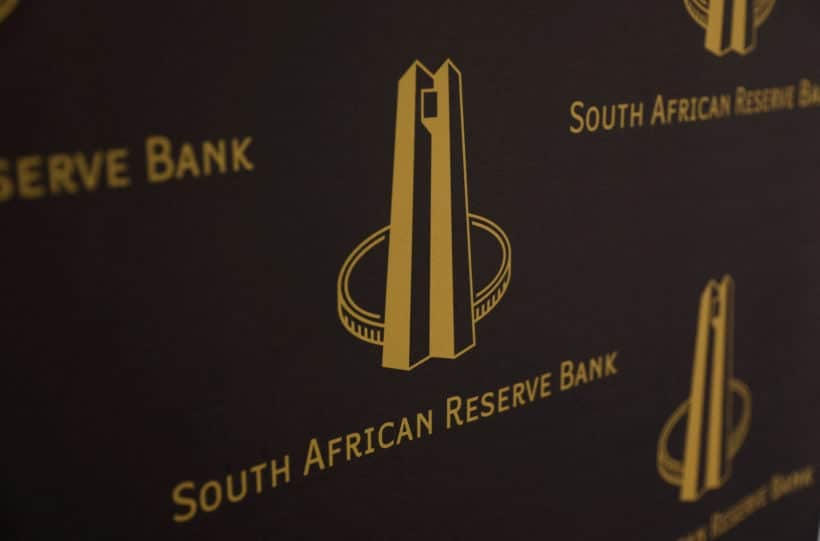
JOHANNESBURG, Dec 1 (Reuters) – South African central bank deputy governor Fundi Tshazibana said on Friday there was a good case for domestic interest rates staying “higher for longer” as financial conditions had tightened and the government’s borrowing needs had risen.
Inflation is close to the upper end of the South African Reserve Bank’s preferred target range of between 3% and 6% – it rose to 5.9% in October, the latest month for which data is available.
In November at its final monetary policy meeting of 2023, the central bank kept its main lending rate unchanged at 8.25% , its third pause in a row following 10 consecutive hikes starting in November 2021.
“There still seems to be a good case for keeping rates higher for longer domestically,” Tshazibana told a Bank of America conference in Johannesburg.
Tshazibana said that was because the government needed to borrow more at a time when global interest rates were higher and the country was seen as riskier.
The treasury outlined increased borrowing plans in its mid-term budget statement in November, citing higher-than-budgeted-for public wage increases and rising pressure to bail out struggling state-owned entities among the reasons.
Tshazibana made clear on Friday that higher rates were not the central bank’s preference given economic stresses, calling them a second-best outcome.
“The underlying drivers of interest rates are going up. To maintain the value of the currency – that is, to stabilise inflation – actual rates must rise too,” she said.
For lower rates, the deputy governor said there needed to be different macroeconomic settings. She cited reforms to bring down the country’s risk premium and a lower inflation target among potential ways to achieve that.
“Higher for longer is not inevitable. We have to control inflation, but if we have different macro arrangements, that could be done more cheaply,” Tshazibana said. (Reporting by Kopano Gumbi Editing by Alexander Winning and Andrew Heavens)

